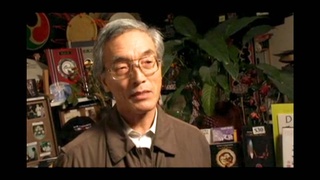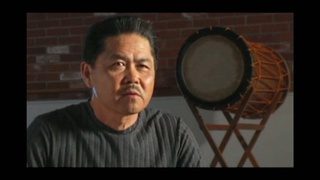Interviews
Appreciating Kinnara Taiko's approach to taiko
I was really amazed at how seriously taiko is taken. I mean it’s life-transforming. It changes your life. It’s a religion. It’s a full-blown religion and some groups have even said that. “Taiko is my religion”. That kind of shocked me. I said, “It’s just a nail keg with a skin over it. You don’t worship a taiko. Come on!” So that was kind of shocking when I first saw it, which made me appreciate Kinnara. It’s just another thing, that’s all.
That’s why I don’t like to do interviews anymore because it’s always, you know, “the father of taiko”. That’s a bit much, you know. Or “taiko masters”. What the heck is a taiko master? So it’s that kind of thing. It’s given me a real appreciation of our group here and how to try to maintain that against all odds, how to maintain that. It’s just a way of discovering how this is and, by seeing that, being well and being more open to the other people in the group.
Date: December 3, 2004
Location: California, US
Interviewer: Art Hansen, Sojin Kim
Contributed by: Watase Media Arts Center, Japanese American National Museum





